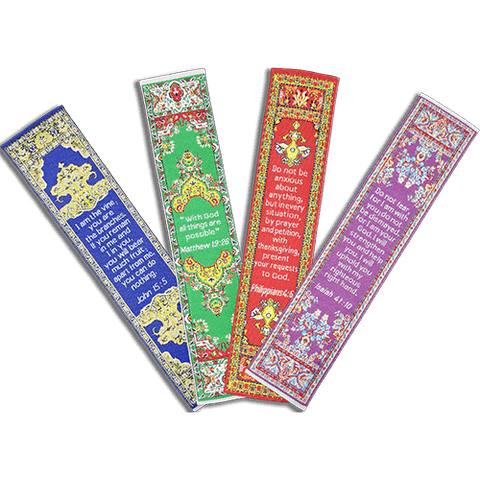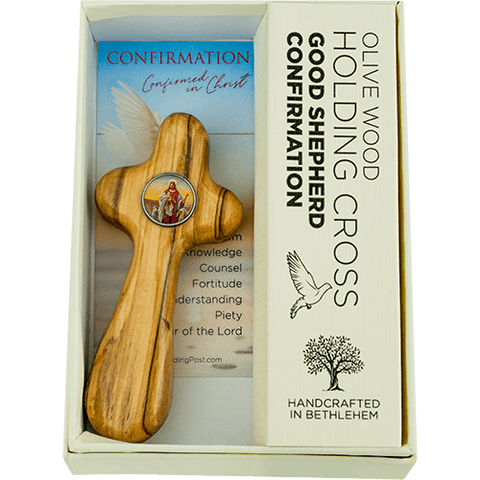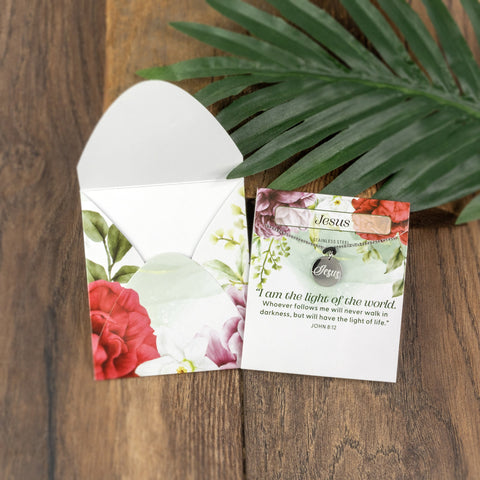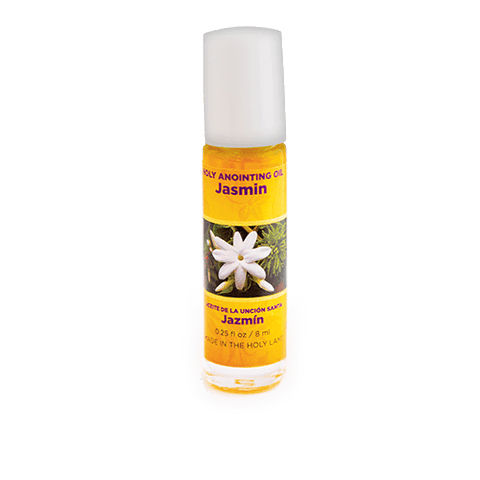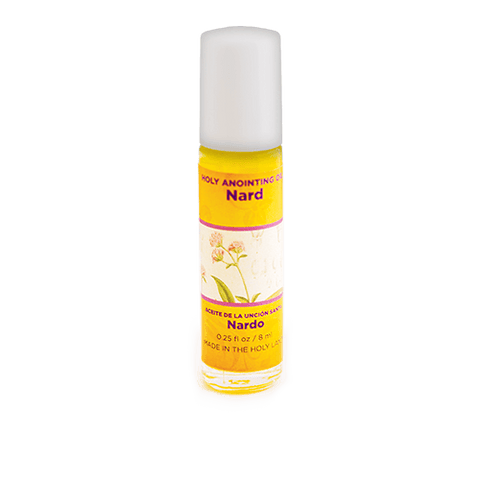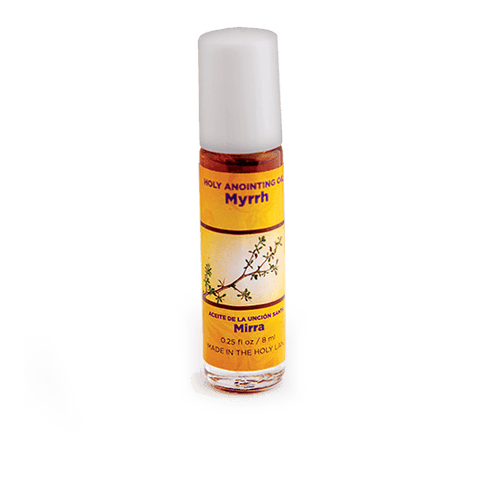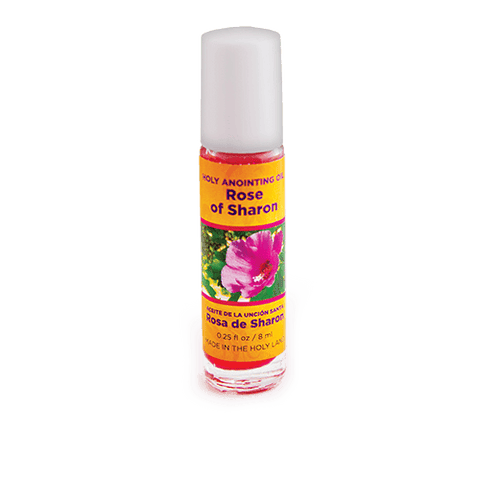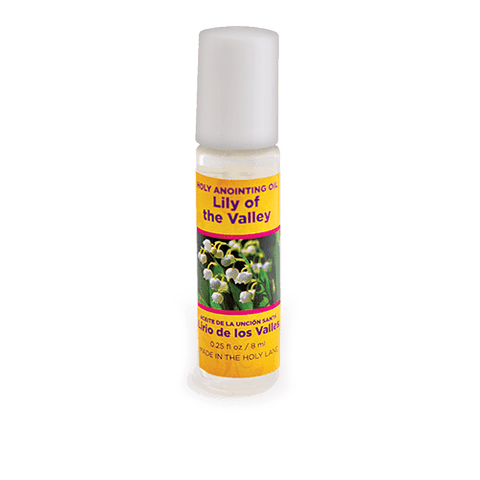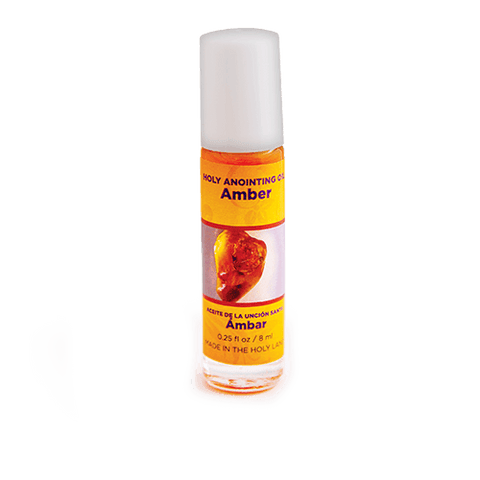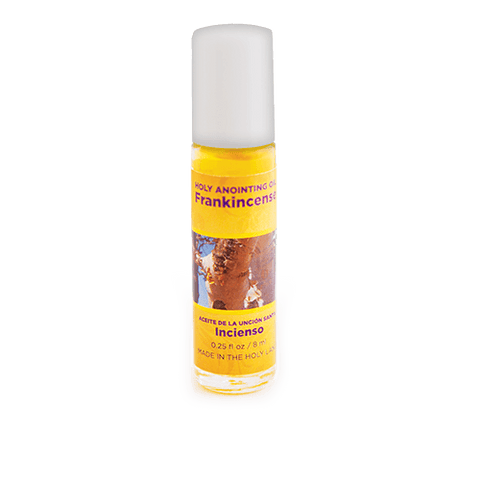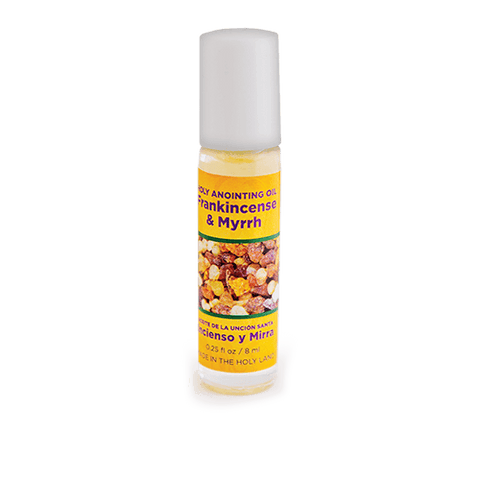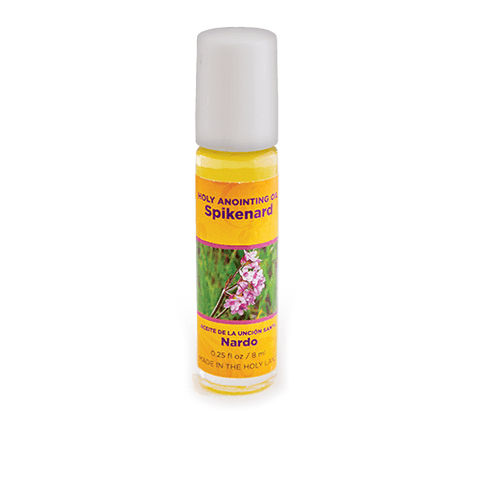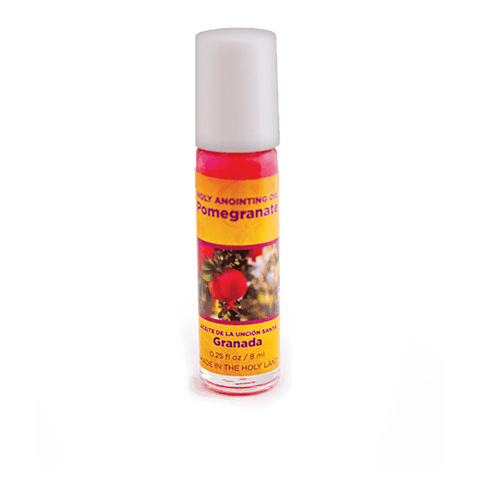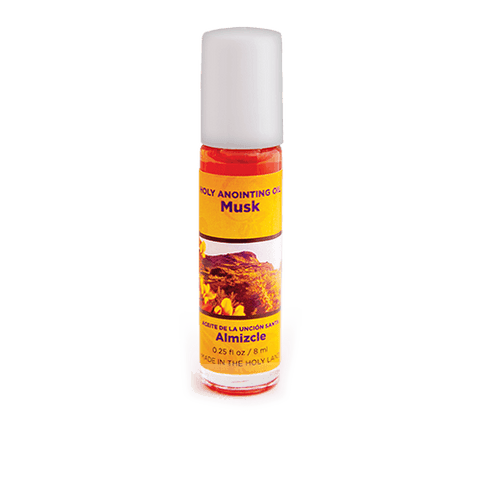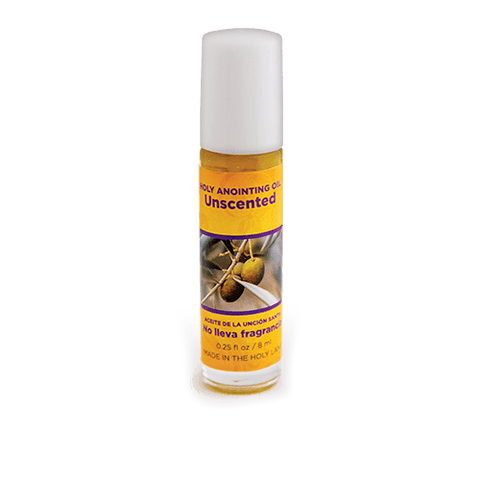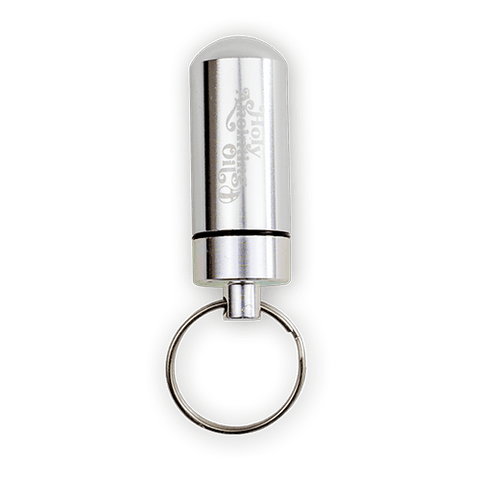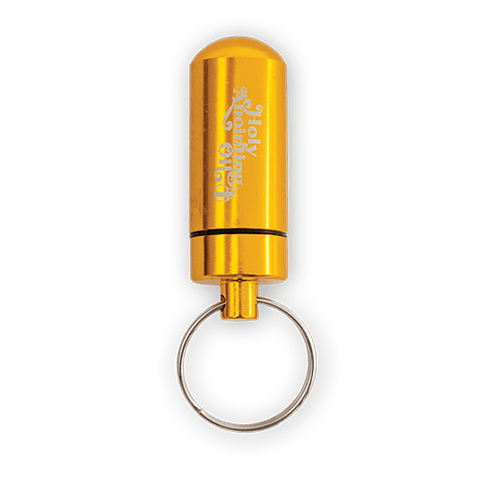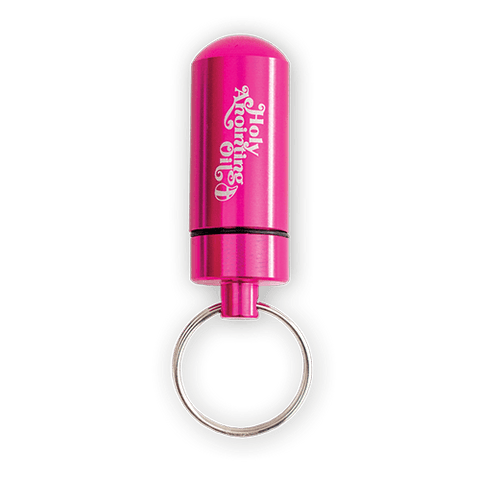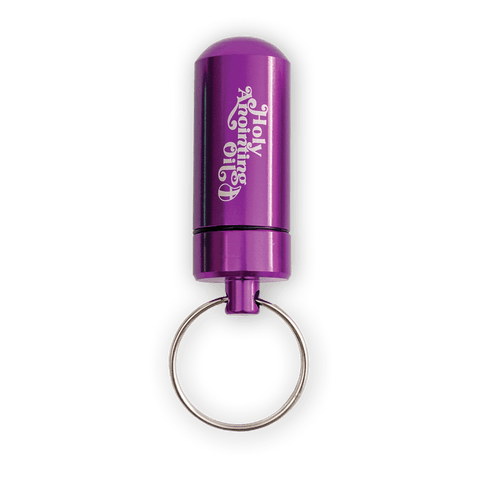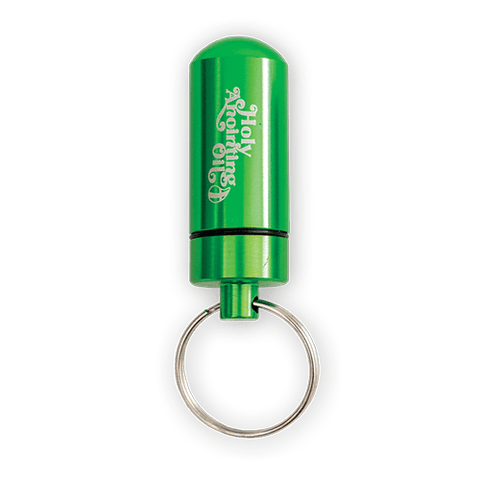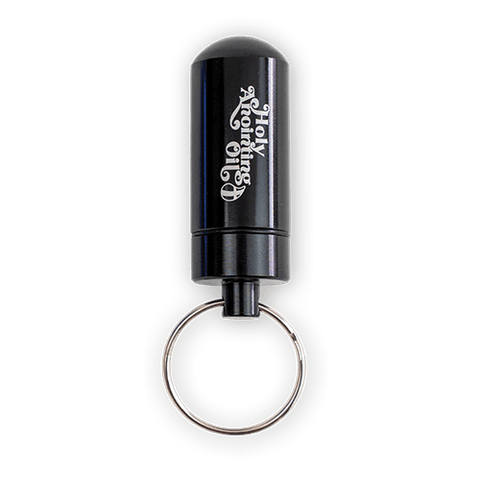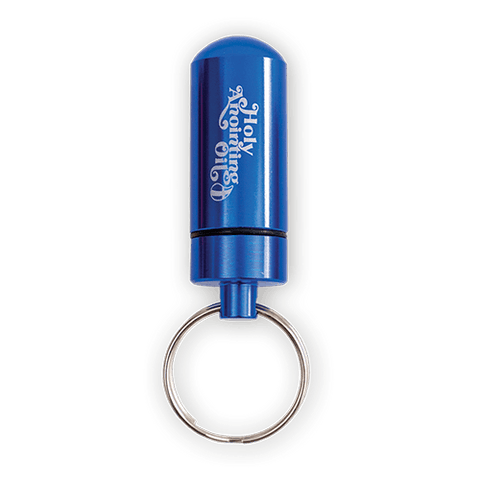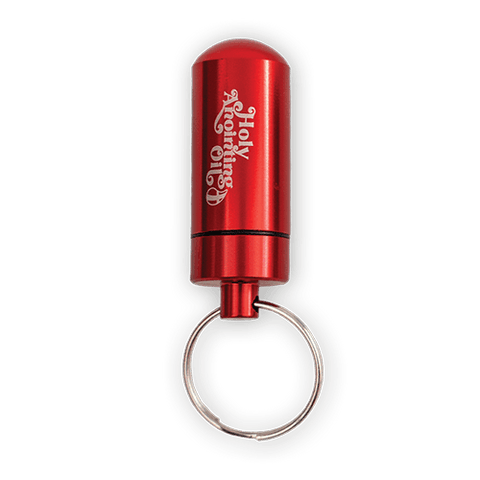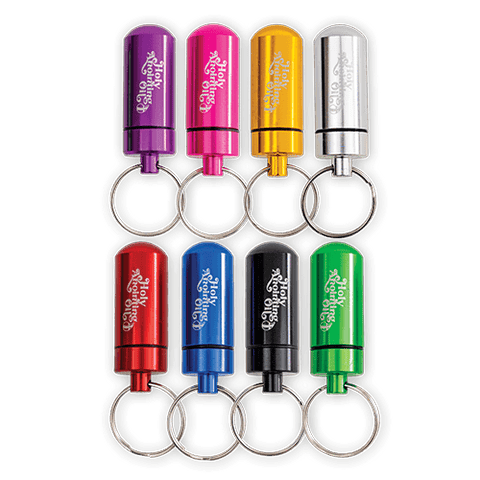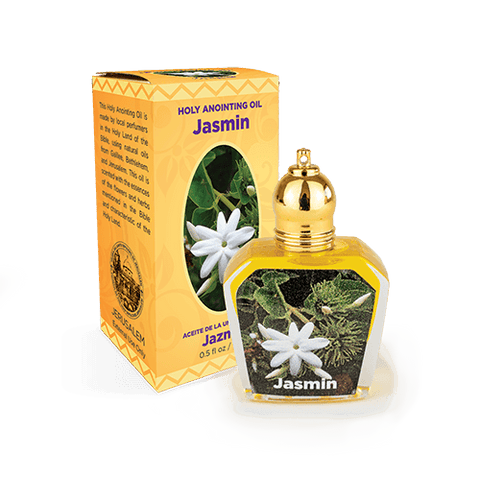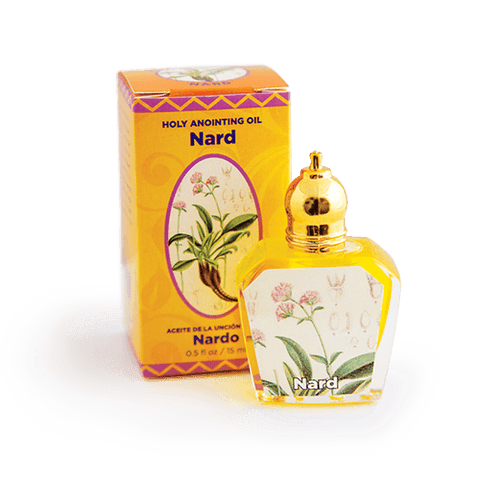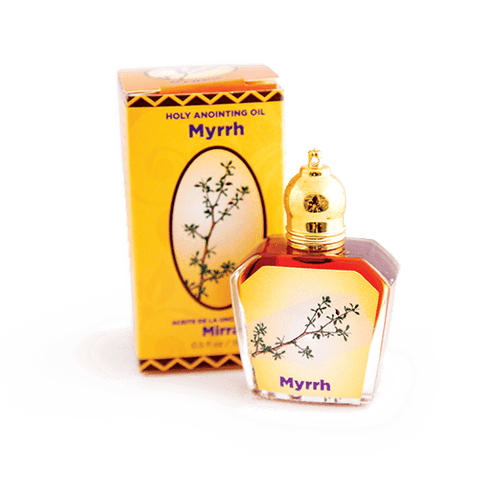- 3D Art Crystals (6)
- Acrylic Plaques (32)
- Air Fresheners- Christian and Catholic (4)
- All Christian Bookmarks (280)
- Armor of God Coin Collection (14)
- Auto Rosaries (30)
- Baptism Gifts Boys and Girls (69)
- Beauty Accessories (32)
- Birthstones (36)
- Boho Cross Bracelets (5)
- Bookmark Bible Cards (4)
- Bookmark Sets (28)
- Bookmarks (224)
- Bookmarks - Assurance (10)
- Bookmarks - Christian Life (15)
- Bookmarks - Confession (4)
- Bookmarks - God (3)
- Bookmarks - Mission (4)
- Bookmarks - Prayer (3)
- Bookmarks - Salvation (7)
- Bookmarks - Scripture (3)
- Bookmarks - Scripture Card (85)
- Bookmarks - Tasseled (71)
- Bookmarks - Tatted (7)
- Bulk - Wholesale - Olive Wood Ornaments and Nativities- Located in USA (103)
- Bulk Anointing Oils (19)
- Catholic - Icon Keyrings (12)
- Catholic Gifts (411)
- Catholic Jewelry (74)
- Catholic Medallions (2)
- Catholic Olive Wood Crosses (80)
- Catholic Olive Wood Stand Plaques (25)
- Catholic Pins (7)
- Catholic Tapestry Rosary Pouch (36)
- Children's Bookmark Assortments (6)
- Children's Christian Bookmarks (37)
- Children's Pass Along Card Assortments (6)
- Children's Pass Along Cards (47)
- Children's Poster Prints (10)
- Christian Bookmark Assortments (45)
- Christian Bookmark Bulk Packs (119)
- Christian Challenge Coins (139)
- Christian Rings for Men and Women (57)
- Christmas (178)
- Christmas Cards (7)
- Christmas Jewelry (0)
- Christmas Olive Wood (104)
- Christmas Ornaments (151)
- Coin Assortments (6)
- Comfort Crosses (42)
- Communion Cups (1)
- Confirmation & Christening Gifts (180)
- Cross Necklace Wood (40)
- Crosses - Olive Wood for Desk (10)
- Crosses - Olive Wood for Wall (23)
- Crucifixion Nail Replicas (2)
- Desk Accessories (3)
- Easter - Resurrection Products (21)
- Father's Day (37)
- Featured (161)
- First Communion Gifts (125)
- Flashlights (40)
- Floral Scripture Pens (6)
- Fridge Scripture Magnets (55)
- Gifts (12)
- Handyman Pens (14)
- Holiday Bookmarks (7)
- Holy Land Anointing Oil from Israel For Prayer (86)
- Holy Water Bottles (35)
- Hot Deals (15)
- Influencers Ministries Journey Products (6)
- Jerusalem Cross (23)
- John 3:16 Coins: God's Love Challenge Coin Collection (3)
- Keychains (8)
- Kitchen Conversion Chart (1)
- Lapel Pins (3)
- Leather (46)
- Leather Bookmarks (6)
- Leather Keychains (26)
- Leather Wall Crosses (6)
- Leather Wallets (8)
- Light Up Pens (12)
- Logos Woven Fabric, Mini Carpet, Christian, Bookmarks (80)
- Love Expression Coins (37)
- Lo•gos Jewelry (195)
- Magnetic Bookmarks (25)
- Medical Coins (2)
- Messianic Jewelry (13)
- Metallic Scripture Pens (6)
- Mother of Pearl Rosaries (30)
- Multi-Tools (48)
- Nail Clippers and Files (19)
- New Arrivals (59)
- Note Cards (2)
- Olive Wood - Comfort Angel (9)
- Olive Wood - Holy Land (522)
- Olive Wood Bracelets (26)
- Olive Wood Christmas Ornaments (86)
- Olive Wood Crosses (164)
- Olive Wood Finger Rosary (1)
- Olive Wood Icons (63)
- Olive Wood Keychains (44)
- Olive Wood Magnets (51)
- Olive Wood Memorial Crosses (4)
- Olive Wood Mezuzahs (8)
- Olive Wood Nativities (73)
- Olive Wood Nativity Sets (17)
- Olive Wood Necklaces (42)
- Olive Wood Pendant/Charm - Catholic (1)
- Olive Wood Plaques (21)
- Olive Wood Scripture Plaques (5)
- Paper Clips (6)
- Pass Along Cards - Joy (5)
- Pass Along Cards - Trust (5)
- Pass Along Cards - Don't Worry (5)
- Pass Along Cards - Faith (5)
- Pass Along Cards - Healing (5)
- Pass Along Cards - Hope (5)
- Pass Along Cards - Peace (5)
- Pass Along Cards - Praise (5)
- Pass Along Cards - Prayer (5)
- Pass Along Cards - Protection (5)
- Pass Along Cards - Purpose (6)
- Pass Along Cards - Stand Firm (5)
- Pass Along Scripture Card Assortments (20)
- Pass Along Scripture Cards (181)
- Patriotic (4)
- Pearl Scripture Pens (6)
- Pectoral Crosses (4)
- Pens (87)
- Pens - Deluxe Scripture Pens (15)
- Pens - Scripture Pen and Bookmark Sets (24)
- Poster Prints (23)
- Prayer Cards (1)
- Public Servant Christian Coins (13)
- Recipe Cards (6)
- Rosary, Olive Wood (42)
- Saint Benedict Crosses with Italian made Medal from the Holy Land (5)
- Salvation Cards (2)
- Sandalwood Beard Combs (12)
- School Coins (4)
- Scripture Art Prints (12)
- Scripture Bar Pendant (16)
- Scripture Cards to Pass them on (18)
- Scripture Magnets (50)
- Scripture Pen and Flashlight Sets (6)
- Seven Churches of Revelation (17)
- Soft Touch Barrel Cross Pens (9)
- Spanish Bookmarks (3)
- Sports Coins (19)
- Stainless Steel Jewelry (71)
- Stainless Steel Jewelry - Chains (7)
- Stainless Steel Jewelry - Leather Band Bracelets (15)
- Stainless Steel Jewelry - Men's Bracelets (9)
- Stainless Steel Jewelry - Necklaces (4)
- Stainless Steel Jewelry - Pendants (54)
- Stainless Steel Jewelry - Rings (2)
- Stainless Steel Jewelry - Women's Bracelets (17)
- Star of David (10)
- Statues (9)
- Sterling Silver Bracelets (4)
- Sterling Silver Chains (9)
- Sterling Silver Earrings (24)
- Sterling Silver for Him (9)
- Sterling Silver Gifts For Mom (8)
- Sterling Silver Necklaces (5)
- Sterling Silver Pendants - Christian Fine Jewelry (235)
- Sterling Silver Sets (10)
- Tape Measures (12)
- Thanksgiving - Products (5)
- Thin Scripture Pens (10)
- Tire Gauges (8)
- Trust in The Lord! (23)
- Wall Crosses - Catholic (13)
- Wallet Scripture Cards (40)
- Wallets (16)
- Wooden Icons (11)
- Words of Life Cross Necklaces (36)
HOT ITEMS
Holy Land Anointing Oil from Israel for Prayer
In order that we might support you in your prayers of faith, we at Logos Trading post are happy to offer a variety of anointing oils. We have a variety of scents available, each carrying its own unique aroma and symbolic meaning - or we even have an unscented variety if you would prefer!
We also have a multitude of ways that you can purchase and enjoy these oils. There are specific scents, and for the wholesale savvy, we offer a discount of up to 20% for each one when you buy in bulk. If you’re not sure which scent you would prefer, you could consider purchasing one of our assorted sample kits in order to try out multiple scents! Whichever kind or kinds you choose, just remember that the specific ingredients aren’t what gives prayers their power, but it is the fact that those prayers are made in faith!
For wholesale discounts and to apply for an account please visit Logos Trading Post wholesale website. Click here to go to our wholesale website.
Jasmin Holy Land Anointing Oil from Israel, 1/4 oz Roller Bottle from Jerusalem, Locally Sourced Herbs & Essences
$6.99
Jasmin Holy Land Anointing Oil from Jerusalem, 0.25 oz Roller Bottle This Anointing Oil is made in the Holy Land of the Bible by local perfumers, using natural oils sourced from Galilee, Bethlehem, and Jerusalem, and scented with flowers and herb essences mentioned in the Bible and characteristic of the Holy...
Nard Holy Land Anointing Oil from Israel, 1/4 oz Roller Bottle from Jerusalem, Locally Sourced Herbs & Essences
$6.99
Nard Holy Land Anointing Oil from Jerusalem, 0.25 oz Roller Bottle This Anointing Oil is made in the Holy Land of the Bible by local perfumers, using natural oils sourced from Galilee, Bethlehem, and Jerusalem, and scented with flowers and herb essences mentioned in the Bible and characteristic of the Holy...
Myrrh Holy Land Anointing Oil from Israel, 1/4 oz Roller Bottle from Jerusalem, Locally Sourced Herbs & Essences
$6.99
Myrrh Holy Land Anointing Oil from Jerusalem, 0.25 oz Roller Bottle This Anointing Oil is made in the Holy Land of the Bible by local perfumers, using natural oils sourced from Galilee, Bethlehem, and Jerusalem, and scented with flowers and herb essences mentioned in the Bible and characteristic of the Holy...
Rose of Sharon Holy Land Anointing Oil from Israel, 1/4 oz Roller Bottle from Jerusalem, Locally Sourced Essences
$6.99
Rose of Sharon Holy Land Anointing Oil from Jerusalem, 0.25 oz Roller Bottle This Anointing Oil is made in the Holy Land of the Bible by local perfumers, using natural oils sourced from Galilee, Bethlehem, and Jerusalem, and scented with flowers and herb essences mentioned in the Bible and characteristic of...
Lily of the Valley Holy Land Anointing Oil from Israel, 1/4 oz Roller Bottle from Jerusalem, Locally Sourced Essences
$6.99
Lily of the Valley Holy Land Anointing Oil from Jerusalem, 0.25 oz Roller Bottle This Anointing Oil is made in the Holy Land of the Bible by local perfumers, using natural oils sourced from Galilee, Bethlehem, and Jerusalem, and scented with flowers and herb essences mentioned in the Bible and characteristic...
Amber Holy Land Anointing Oil from Israel, 1/4 oz Roller Bottle from Jerusalem, Locally Sourced Herbs & Essences, Gift for Pastors, Priests, Rabbi, & Clergy, Aceite Ungido de Ámbar
$6.99
Amber Holy Land Anointing Oil from Jerusalem, 0.25 oz Roller Bottle This Anointing Oil is made in the Holy Land of the Bible by local perfumers, using natural oils sourced from Galilee, Bethlehem, and Jerusalem, and scented with flowers and herb essences mentioned in the Bible and characteristic of the Holy...
Frankincense Holy Land Anointing Oil from Israel, 1/4 oz Roller Bottle from Jerusalem, Locally Sourced Essences
$6.99
Frankincense Holy Land Anointing Oil from Jerusalem, 0.25 oz Roller Bottle This Anointing Oil is made in the Holy Land of the Bible by local perfumers, using natural oils sourced from Galilee, Bethlehem, and Jerusalem, and scented with flowers and herb essences mentioned in the Bible and characteristic of the Holy...
Frankincense & Myrrh Holy Land Anointing Oil from Israel, 1/4 oz Roller Bottle from Jerusalem, Locally Sourced Essences
$6.99
Frankincense & Myrrh Holy Land Anointing Oil from Jerusalem, 0.25 oz Roller Bottle This Anointing Oil is made in the Holy Land of the Bible by local perfumers, using natural oils sourced from Galilee, Bethlehem, and Jerusalem, and scented with flowers and herb essences mentioned in the Bible and characteristic...
Spikenard Holy Land Anointing Oil from Israel, 1/4 oz Roller Bottle from Jerusalem, Locally Sourced Herbs & Essences
$6.99
Spikenard Holy Land Anointing Oil from Jerusalem, 0.25 oz Roller Bottle This Anointing Oil is made in the Holy Land of the Bible by local perfumers, using natural oils sourced from Galilee, Bethlehem, and Jerusalem, and scented with flowers and herb essences mentioned in the Bible and characteristic of the Holy...
Pomegranate Holy Land Anointing Oil from Israel, 1/4 oz Roller Bottle from Jerusalem, Locally Sourced Herbs & Essences
$6.99
Pomegranate Holy Land Anointing Oil from Jerusalem, 0.25 oz Roller Bottle This Anointing Oil is made in the Holy Land of the Bible by local perfumers, using natural oils sourced from Galilee, Bethlehem, and Jerusalem, and scented with flowers and herb essences mentioned in the Bible and characteristic of the Holy...
Musk Holy Land Anointing Oil from Israel, 1/4 oz Roller Bottle from Jerusalem, Locally Sourced Herbs & Essences
$6.99
Musk Holy Land Anointing Oil from Jerusalem, 0.25 oz Roller Bottle This Anointing Oil is made in the Holy Land of the Bible by local perfumers, using natural oils sourced from Galilee, Bethlehem, and Jerusalem, and scented with flowers and herb essences mentioned in the Bible and characteristic of the Holy...
Unscented Holy Land Anointing Oil from Israel, 1/4 oz Roller Bottle from Jerusalem, Locally Sourced Virgin Olive Oil & Essences
$6.99
Unscented Holy Land Anointing Oil from Jerusalem, 0.25 oz Roller Bottle This Anointing Oil is made in the Holy Land of the Bible by local perfumers, using natural oils sourced from Galilee, Bethlehem, and Jerusalem, and is unscented. Anointing Oil: The Basics The tradition and ceremony of anointing has been...
Anointing Oil Container Keychain, Silver, 2mL Glass Bottle Inside Protective Metal Casing with Screw-Top Lid
$5.99
Anointing Oil Holder Keychain, Silver, Glass Vial IncludedThis handy metal keychain is the perfect solution to taking your anointing oil or holy water on the go. The screw-top lid provides easy access to the included glass vial, while the hard metal outer shell is sure to keep your contents safe....
Anointing Oil Container Keychain, Gold, 2mL Glass Bottle Inside Protective Metal Casing with Screw-Top Lid
$5.99
Anointing Oil Holder Keychain, Gold, Glass Vial IncludedThis handy metal keychain is the perfect solution to taking your anointing oil or holy water on the go. The screw-top lid provides easy access to the included glass vial, while the hard metal outer shell is sure to keep your contents safe....
Anointing Oil Container Keychain, Pink, 2mL Glass Bottle Inside Protective Metal Casing with Screw-Top Lid
$5.99
Anointing Oil Holder Keychain, Pink, Glass Vial IncludedThis handy metal keychain is the perfect solution to taking your anointing oil or holy water on the go. The screw-top lid provides easy access to the included glass vial, while the hard metal outer shell is sure to keep your contents safe....
Anointing Oil Container Keychain, Purple, 2mL Glass Bottle Inside Protective Metal Casing with Screw-Top Lid
$5.99
Anointing Oil Holder Keychain, Purple, Glass Vial IncludedThis handy metal keychain is the perfect solution to taking your anointing oil or holy water on the go. The screw-top lid provides easy access to the included glass vial, while the hard metal outer shell is sure to keep your contents safe....
Anointing Oil Container Keychain, Green, 2mL Glass Bottle Inside Protective Metal Casing with Screw-Top Lid
$5.99
Anointing Oil Holder Keychain, Green, Glass Vial IncludedThis handy metal keychain is the perfect solution to taking your anointing oil or holy water on the go. The screw-top lid provides easy access to the included glass vial, while the hard metal outer shell is sure to keep your contents safe....
Anointing Oil Container Keychain, Black, 2mL Glass Bottle Inside Protective Metal Casing with Screw-Top Lid
$5.99
Anointing Oil Holder Keychain, Black, Glass Vial IncludedThis handy metal keychain is the perfect solution to taking your anointing oil or holy water on the go. The screw-top lid provides easy access to the included glass vial, while the hard metal outer shell is sure to keep your contents safe....
Anointing Oil Container Keychain, Blue, 2mL Glass Bottle Inside Protective Metal Casing with Screw-Top Lid
$5.99
Anointing Oil Holder Keychain, Blue, Glass Vial IncludedThis handy metal keychain is the perfect solution to taking your anointing oil or holy water on the go. The screw-top lid provides easy access to the included glass vial, while the hard metal outer shell is sure to keep your contents safe....
Anointing Oil Container Keychain, Red, 2mL Glass Bottle Inside Protective Metal Casing with Screw-Top Lid
$5.99
Anointing Oil Holder Keychain, Red, Glass Vial IncludedThis handy metal keychain is the perfect solution to taking your anointing oil or holy water on the go. The screw-top lid provides easy access to the included glass vial, while the hard metal outer shell is sure to keep your contents safe....
Anointing Oil Container Keychains, Set of 8 2mL Glass Bottles with Assorted Colored Protective Metal Casing with Screw-Top Lids
$34.99
8 Anointing Oil Holder Keychains, Glass Vials IncludedThese handy metal keychains are the perfect solution to taking your anointing oil or holy water on the go. The screw-top lid provides easy access to the included glass vial, while the hard metal outer shell is sure to keep your contents safe....
Jasmine Holy Land Anointing Oil from Israel, 1/2 oz Roller Bottle from Jerusalem, Locally Sourced Essences
$9.99
This Anointing Oil is made in the Holy Land of the Bible by local perfumers, using natural oils sourced from Galilee, Bethlehem, and Jerusalem, and scented with flowers and herb essences mentioned in the Bible and characteristic of the Holy Land. This Jasmin scented anointing oil comes straight from the...
Nard Holy Land Anointing Oil from Israel, 1/2 oz Roller Bottle from Jerusalem, Locally Sourced Essences
$9.99
This Anointing Oil is made in the Holy Land of the Bible by local perfumers, using natural oils sourced from Galilee, Bethlehem, and Jerusalem, and scented with flowers and herb essences mentioned in the Bible and characteristic of the Holy Land. This Nard scented anointing oil comes straight from the Holy...
Myrrh Holy Land Anointing Oil from Israel, 1/2 oz Roller Bottle from Jerusalem, Locally Sourced Essences
$9.99
This Anointing Oil is made in the Holy Land of the Bible by local perfumers, using natural oils sourced from Galilee, Bethlehem, and Jerusalem, and scented with flowers and herb essences mentioned in the Bible and characteristic of the Holy Land. This Myrrh scented anointing oil comes straight from the...
LOGOS TRADING POST: ANOINTING OILS
The anointing of oil is a recurring theme in scripture. Indeed, there is much use of anointing oil in the Bible, but what is the purpose of anointing oil in the life of a present-day believer? We at Logos Trading Post hope to answer that question in a way that is enriching to your faith in God using Bible verses about anointing oil, but it is also our sincere hope that we can be a blessing to you by providing anointing oils to use as an expression your faith. We have several varieties to offer, so in addition to sharing a bit about anointing oil in the Bible and the purpose of anointing oil, we will also share a bit about the different kinds of anointing oil we offer and what each kind symbolizes.
First, What is Anointing Oil?
Thus far, we’ve been writing about anointing oil as a symbol of faith, as a recurring theme in scripture, and as something that comes in many varieties, but you may be asking yourself a more foundational question, “What is anointing Oil?” For the answer, look no further than Exodus 30:23-24, which says, “Take for yourself the finest spices: 500 shekels of liquid myrrh, half as much of fragrant cinnamon, 250 shekels of fragrant cane [keneh bosem], 500 shekels of cassia, and a hin of olive oil.” These instructions given by God to Moses have been faithfully adhered to for thousands of years; even present-day anointing oil is composed of the very same ingredients. There is one complication, however: the third ingredient in the list was rendered keneh bosem in the original Hebrew Bible, but it is not a straightforward term to translate. The translation in the Holman Christian Standard Bible (used above) is fragrant cane, but there are many other ideas about how to translate it among Bible Scholars. Some say it was a form of Indian cymbopogon; some say palmarosa, and a select few even suggest that it was cannabis! All in all, though, the general consensus is that the third ingredient is cane balsam, more commonly called sweet cane - a reasonable theory, considering that cane balsam is a plant that grows natively in the promised land. Though there’s still debate, pretty much any anointing oil you can find in modern-day that doesn’t claim otherwise is composed of the standard myrrh, cinnamon, sweet cane, cassia, and olive oil - at least as its basis; many makers of anointing oil create different varieties by adding additional ingredients and fragrances. These extra ingredients can create unique scents, but they can also add an additional layer of symbolic meaning to the oil. We actually offer several different varieties ourselves, such as Lily of the Valley Anointing Oil or Frankincense Anointing Oil. Keep reading on, and we will share a bit about each kind of anointing oil that we offer, as well as the theological significance associated with their ingredients.
What Does It Mean to Be Anointed?
Speaking of theological significance, what exactly does it mean to be “anointed”? Obviously, when someone has anointing oil put on them, it could be said that they are “being anointed.” The purpose of anointing oil is not necessarily found in its ingredients or what they create, but it is in what the oil is used for. It is a natural concoction made of naturally occurring ingredients - the act of anointing with oil is symbolic, but it is no less spiritually meaningful because of that. To be anointed is to be consecrated unto God, set apart as one intended to serve His divine purposes. Simply: to be anointed is to be prophetically declared as holy before God.
Messiah quite literally means, “anointed one,” so anyone declared anointed is already in great company. Anointing oil in the Bible, at least in the case of the Old Testament, was reserved for use on significant individuals - prophets, kings, priests, and those sorts of people. However, a particular New Testament anointing oil scripture broadens its use. James 5:13-14 says, “Is anyone among you sick? Let him call for the elders of the church, and let them pray over him, anointing him with oil in the name of the Lord. And the prayer of faith will save the one who is sick, and the Lord will raise him up. And if he has committed sins, he will be forgiven.” This is just one specific verse discussing anointing oil in the Bible - there are many more Bible verses about anointing oil - but setting our focus on this particular anointing oil scripture allows us to see a prescriptive use for it in the lives of faithful new-covenant believers. Indeed, just as dwelling in the presence of God is no longer reserved for a select few high priests in the holy of holies but is instead available to all who have faith in the one seated at the right hand of God, the anointing of oil is no longer reserved for a select few. All believers now have instructions for the use of anointing oil, and all members of the Church can be declared anointed before God.
What is the Purpose of Anointing Oil?
Continuing the discussion that naturally follows from James’ anointing oil scripture, the purpose of anointing oil is directly concerned with a faithful, selfless prayer for the sick. Every believer under Christ has the opportunity to connect directly with God through prayer, a freedom that must not be taken for granted. Utilizing that freedom to pray in a selfless act of prayer for the sick is a beautiful, meaningful act - anointing the sick with oil is a symbolically rich addition to that act. Yes, the oil is not, in itself supernatural. However, using anointing oil in your prayers for the sick connects you with thousands of years of Biblical history; Moses used it among the Israelites of his day, and the continuation of that tradition by New Testament believers is meaningful. The faith of believers who use the oil is what makes it spiritually powerful. Yes, there are many varieties of anointing oil, even at Logos Trading Post alone, but it doesn’t matter which oil is used to anoint the sick - what matters is that prayer is being given in faith.
How Did They Use Anointing Oil in the Bible?
Though we’ve already shared a bit about the use of anointing oil in the Bible, we’d like to share a few more Bible verses about anointing oil. The variety of ways in which it is used is actually quite astounding! For example, Exodus 40:9 says, “Then you shall take the anointing oil and anoint the tabernacle and all that is in it, and consecrate it and all its furniture, so that it may become holy,” and Matthew 6:17 says “When you fast, anoint your head and wash your face.” The purpose of anointing oil was not only to declare kings, prophets, and priests as holy, though that was indeed one use of it. As we know from James, it was used in prayers for the sick, but Exodus and Matthew demonstrate its application in the discipline of fasting and in establishing the tabernacle or temple as holy. Another commonly known anointing oil scripture is found in 1 Samuel 16 when the prophet Samuel anoints David with oil to declare him king. Verse 13 says, “So Samuel took the horn of oil and anointed him in the presence of his brothers, and from that day on the Spirit of the Lord came powerfully upon David.” Though David did ultimately become the king of Israel, it is an encouraging story. Even in those days, God chose David and anointed him despite his being a common shepherd in the home of his father. Anointing others with oil in prayer is an outstanding way to remember this story and to remember that God can raise up anyone who puts their faithfully and genuinely in Him.
What is the Meaning Behind the Composition of Anointing Oil?
Thus far, we’ve written about the purpose of anointing oil and the ingredients of which it is composed, but allow us the opportunity to share about the meaning of the oil’s ingredients. Each ingredient in the base Exodus anointing oil as well as the ingredients of our various kinds of anointing oil all have a wealth of theological meaning behind them. God is the ruler of Heaven, but the Earth is nonetheless His creation and the expression of His glory. As such, the natural resources of this world contained in anointing oil ultimately serve to glorify His name. As you already know or have been made aware, there are five basic ingredients in Biblical anointing oil - that is, myrrh, cinnamon, sweet cane, cassia, and olive oil.
Myrrh
The first ingredient of anointing oil in the Bible, myrrh, is probably less known for its contribution to anointing oil and better known as one of the gifts given to the young Christ by the wise men from foreign lands. Myrrh is known for having a pleasant aromatic smell but a bitter taste that most palettes cannot appreciate. As such, it was - and to quite an extent, still is - prized as an ingredient in perfumes and incenses. It was also appreciated greatly in the world of medicine; it indeed had a bitter taste, but apparently, it was considered worth it for its ability to relieve pain inside the mouth, such as from swollen gums or toothaches. Further, myrrh’s properties make it a crucial ingredient in the process of embalming bodies. This last use is the key to how it is significant in a spiritual sense. The gifts are given to the newborn Savior in the Christmas story all symbolized what He had been given authority and power over. In the interest of brevity, Myrrh will remain the focus. Myrrh, as an embalming resource, was to declare that He would be the one to overcome death once and for all, carrying with Him the promise of resurrection for those who trust in Him. As such, anointing oil with Myrrh is a way for disciples of Christ to confidently declare that He has authority over death, and as such, those who believe in Him and His authority can share in his resurrection life, not having to succumb to death.
Cinnamon
The second ingredient of anointing oil in the Bible, cinnamon, has a more subtle and subdued role in the Biblical narrative and Biblical symbolism, but it nonetheless has a beautiful meaning. Cinnamon was able to be found naturally in the Near East by the time the Israelites left Egypt, but it didn’t start there. It was imported to the Promised Land and nearby Mesopotamia in 1650 B.C., owing to its actual origin to China. I bring all this up because its foreign origin is so key to what cinnamon means theologically speaking. One of the five key ingredients of anointing oil was of foreign origin; this holy mixture was not possible without the intervention of faraway lands in Israel’s near and promised land. A very important and uncompromisable aspect of God’s new covenant is that even Gentiles (non-Jews) can be made children of God through Christ’s death and resurrection, and cinnamon captures that essence. Even God’s holy anointing oil would not have been complete had there been no Gentiles to bring cinnamon into the Israelites’ possession. Though translations of this Bible verse about anointing oil vary - even in the fact of whether or not it really is about anointing oil - Isaiah 10:27 is nonetheless quite powerful; no longer would Israel experience an oppressed relationship with their powerful, foreign neighbors. “It shall come to pass in the day that his burden will be taken away from your shoulder, and his yoke off your neck,” Isaiah says about Assyria, “and the yoke will be destroyed because of the anointing oil.” The anointing oil, among many other things, was a sign that the Israelites would be free from strained and terrible relationships with the Gentiles. Now, in the Christianity of the new covenant, Jews and Gentiles can be one, or as Paul says to the Galatians in Galatians 3:28, “There is neither Jew nor Gentile, neither slave nor free, nor is there male and female, for you are all one in Christ Jesus.” Cinnamon is the ingredient that most aptly represents this wonderful, good news of reconciliation for the nations.
Sweet Cane
The third ingredient of anointing oil in the Bible, sweet cane, finds its significance in its appreciation as a delicacy. Of course, as noted above, there are several possible interpretations as to how keneh bosem should be translated, even among Hebrew scholarship. For the sake of simplicity, though, we will focus on its most common translation, which scholars would agree is sweet cane. Either way, in Isaiah 43:24-25, God makes mention of the same natural resource when addressing rebellious Israel, declaring, “You have not bought Me aromatic cane with silver, or satisfied Me with the fat of your sacrifices. But you have burdened Me with your sins; you have wearied Me with your iniquities. It is I who sweep away your transgressions for My own sake and remember your sins no more.” As if cane’s pricing of silver wasn’t enough to demonstrate its value in that day, another prophet, Jeremiah, notes in Jeremiah 6:20 that keneh bosem came “from a distant land.” A major insight to be gained from the Isaiah verses is about the nature of sacrifices versus willful offerings. God does mention the fat of sacrifices, sacrifices which a devout Israelite would have carried out knowing it was a divine command to do so. However, sweet cane purchased using silver would have fallen into a different category. A sacrifice was an animal taken from the flock of whoever was making the sacrifice, a surrender of firstfruits to God, the One who allowed for the abundance of the flock in the first place; going out of one’s way and buying cane “from a distant land,” demonstrates love and devotion for God that goes beyond the minimum expectation. God is worthy of not only what we supposedly “owe” Him; He is worthy of whatever gift we find in our heart to give; He is worthy of giving above and beyond. Sweet cane in anointing oil captures this essence: He is worthy of all the gifts and acts we could possibly give Him.
Cassia
The fourth ingredient of anointing oil in the Bible, cassia, is a bit less prevalent. There’s simply not much said about it apart from its role in the anointing oil of Exodus. However, it is mentioned in Ezekiel 27:19 as a resource used in trade (along with a cane, actually), and it is noted to be a pleasant aroma used in perfumes in Psalm 45:8. Offerings unto God are often associated with their “pleasing aroma” or referred to as “fragrant.” An excellent example of this is in Ephesians 5:2 and is a reference to the greatest sacrifice of all, exhorting, “And walk in love, as Christ loved us and gave himself up for us, a fragrant offering and sacrifice to God.” Therefore, it could be said that when God’s people use anointing oil with Cassia, they are in the company of Christ, declaring themselves to be fragrant sacrifices, holy before God.
Olive Oil
The final ingredient of anointing oil in the Bible, olive oil, is extremely meaningful through its connection to olives and olive trees. There is another article associated with our line of olive wood products that discusses the theological significance in quite some detail, but it is worth discussing here as well - albeit more briefly. Olive trees are a symbol of God’s peace, providence, and blessing, quite evident in Noah’s story when the dove returns with an olive branch; by extension, olives and olive oil are also symbols of such things. Even today, industries related to olive trees are of great importance in the Holy Land’s economy, and we are pleased to say that we support these industries by carrying products made there. Indeed, in addition to our olive wood items, our anointing oils just so happen to be made natively in the Holy Land as well! Therefore, whenever we use anointing oil, we can dwell on the blessing of God, evident even today as the Holy Land is blessed by olives.
What Varieties of Anointing Oil Does Logos Trading Post Offer?
That’s right, not only do we offer anointing oils that support industry and ministry in the Holy Land, but we also offer a wonderful variety of them! There’s a scent everyone can appreciate and be blessed by, or even an unscented variant if that’s your preference. To finish, we would like to share some information about the different kinds we carry.
Jasmin Anointing Oil is a wonderful variety, its scent achieved by, of course, the Jasmin flower, which represents love, beauty, appreciation, and purity. “Jasmin” can also be taken to mean “Gift from God.”
Nard Anointing Oil is yet another lovely variety, and it is quite meaningful as well. John 12:3 says “Then Mary [Magdalene] took a pound of fragrant oil - pure and expensive nard - anointed Jesus’ feet, and wiped His feet with her hair. So the house was filled with the fragrance of oil.” As such, this oil has a pleasant smell, considering it was used as a perfume in the days of Christ, and it is full of meaning in connection with this story.
Myrrh Anointing Oil is a quite royal variety. Myrrh, of course, has been discussed at quite some length, but one more fact about it is that it was often a gift for kings in the days of old - a fact that lends even greater significance to the wise men giving myrrh to the newborn savior.
Rose of Sharon Anointing Oil is a variety founded in love, owing to its namesake to the name by which the beloved in the Song of Songs refers to herself. Some have also said that the rose of Sharon is an apt symbol of Christ, being a quite hardy but nonetheless lovely plains flower.
Lily of the Valley Anointing Oil is another iconic variety, owing to its scent to, of course, the Lily of the Valley. This flower is also called Mary’s Tears, a name relating to its symbolic meaning of the return to happiness following hardship.
Amber Anointing Oil is a unique variety in that it does not owe its scent to a flower, tree, or other plants. Instead, it is a fossilized plant-resin, and it emits a lovely scent when it is rubbed. Amber, in Ezekiel specifically, represents God’s mighty and eminent presence, as He is described with “the gleam of amber” multiple times.
Frankincense Anointing Oil is a spiritually charged variety, with frankincense often being used in temple practices and prayer as an energizing ingredient. As such, the gift of frankincense to Christ was a declaration of His power and authority over all things spiritual.
Spikenard Anointing Oil is another variety, quite related to nard anointing oil. The plants are similar in smell and significance, though spikenard has a scent that slightly varies from nard. Of course, feel free to try both kinds for yourself and experience the difference!
Pomegranate Anointing Oil is a rather priestly variety, referencing the garments of the old testament priests. In Exodus 28:33, God commands, “Make pomegranates of blue, purple, and scarlet yarn on [the robe’s] lower hem and all around it.” This oil can serve as a wonderful reminder that Jesus Christ is our High Priest as believers.
Musk Anointing Oil is related to the scent of musk, something actually not covered in the Bible. Nonetheless, it is related, as the practice of making perfume from Musk began around the Mediterranean, a significant setting in the gospels. Musk, unlike the other scents mentioned, is not a particular scent but instead a general classification of scents. It is an earthy, natural scent, owing to its name to the Musk Deer.
We also have two other anointing oils, Frankincense and Myrrh anointing oil, which is a combination of two of our oils - an undeniable callback to the story of the wise men - and the Unscented Anointing Oil.
Some Final Remarks from Logos Trading Post
All in all, anointing oil is a vastly meaningful subject, one that simply couldn’t be covered comprehensively in just a simple online article. We happily encourage you to look into and appreciate anointing oils for yourself, using them as an expression of your faith and trust in God. If you feel after reading this article that anointing oils are for you, please consider purchasing them from Logos Trading Post. Not only are our all of our varieties of the highest quality, but they are made by believers in the Holy Land. Buying from us supports the Christian industry in the Middle East, strengthening the faith of the believers there, giving them both the boldness and the means to carry out the Christian mission of spreading the gospel. Your brothers and sisters in Christ thank you for your support.

